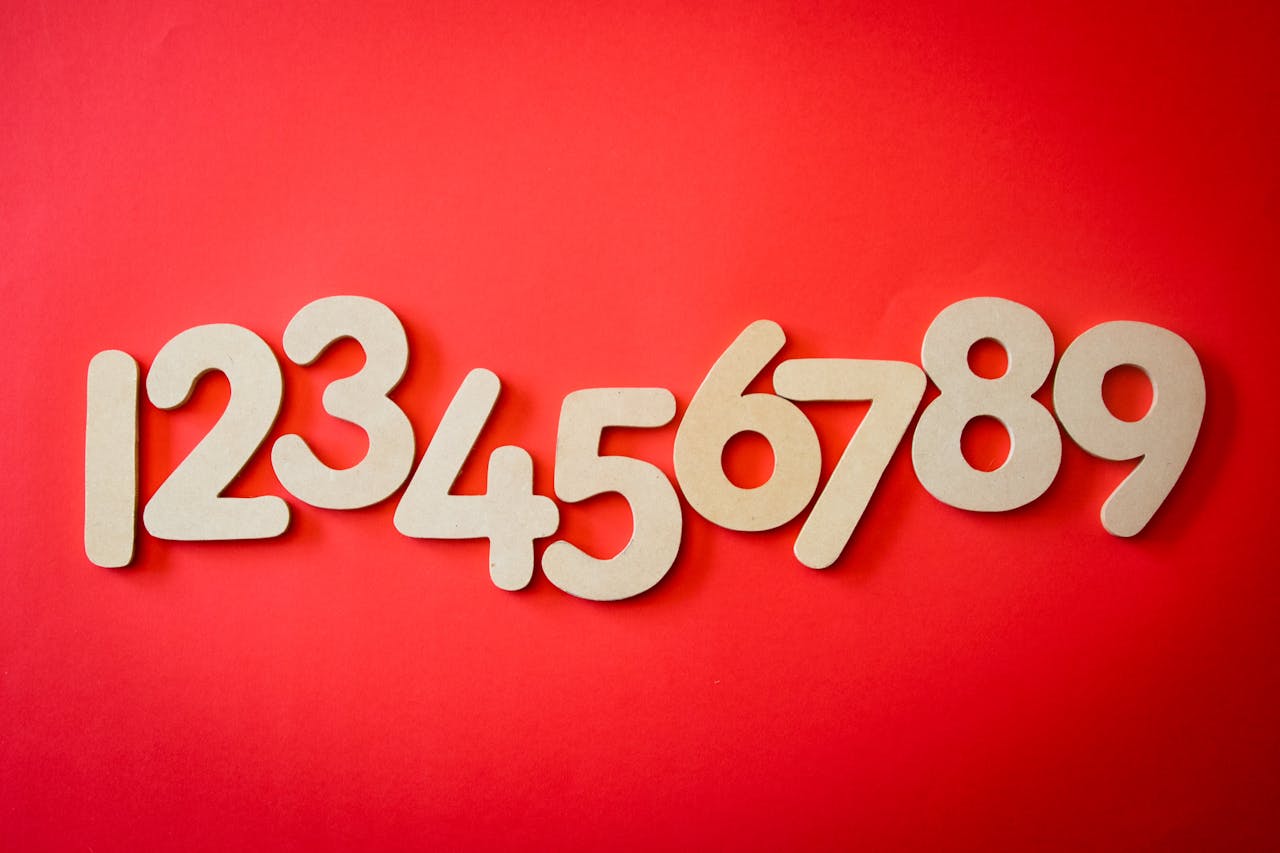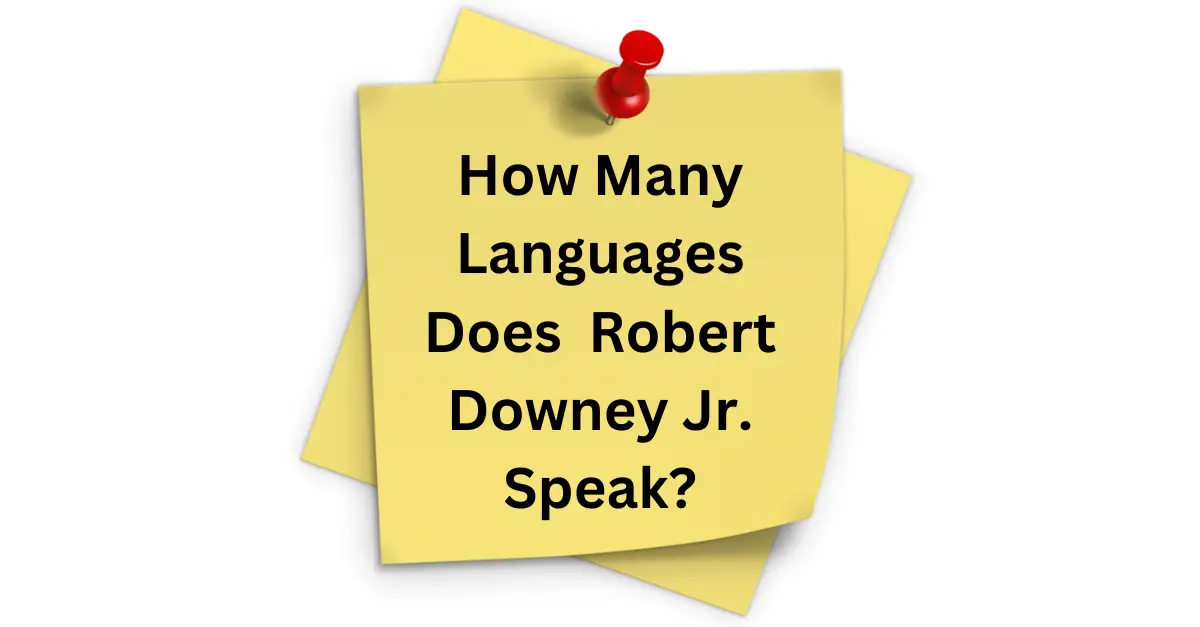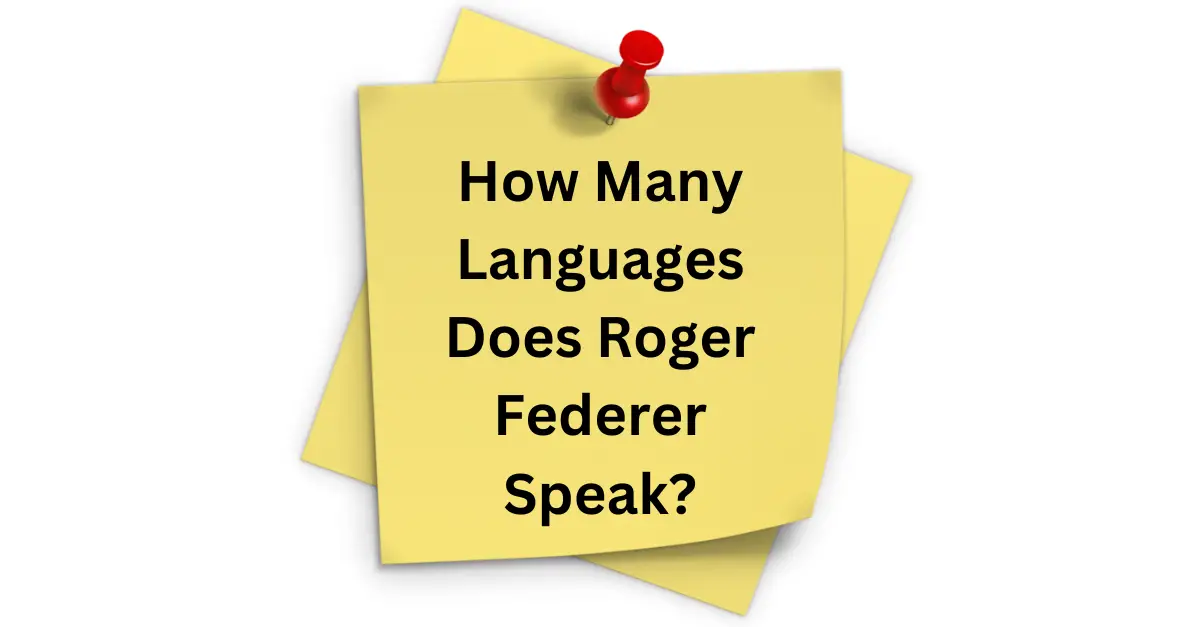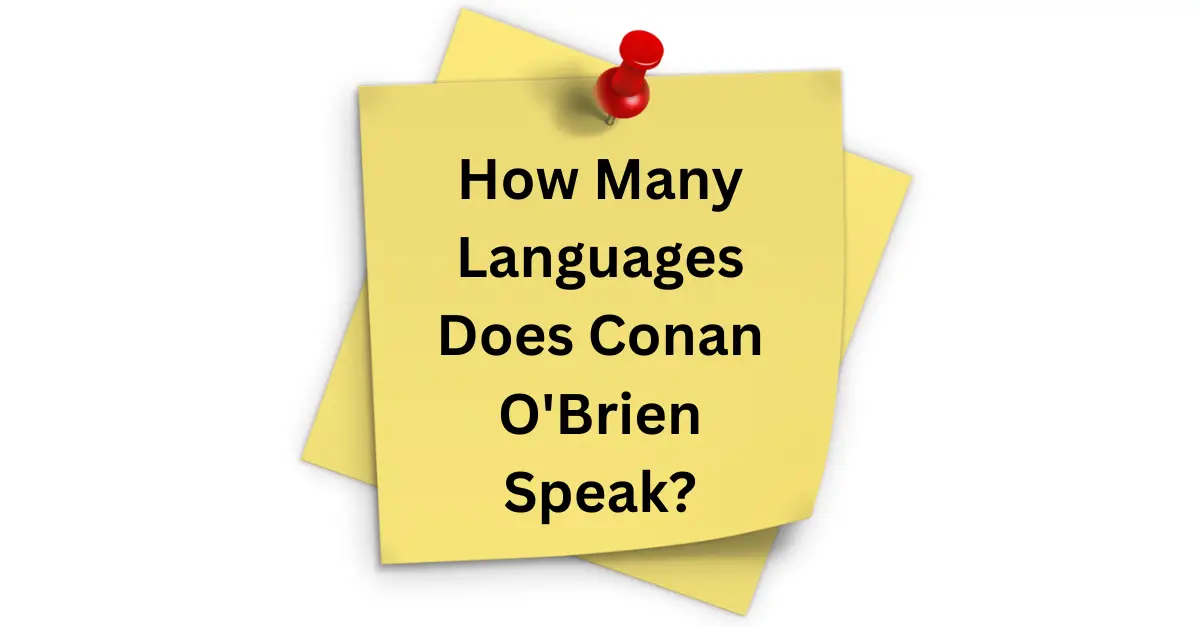Are you curious about how numbers are expressed in the Hawaiian language? In this article, we will explore the fascinating world of numbers in Hawaiian. Whether you are a beginner or an intermediate language learner, this article aims to provide you with practical insights into the numerical system of Hawaiian. From counting to basic arithmetic, you will gain a deeper understanding of how numbers are used in this beautiful language. So, let’s embark on this linguistic journey and discover the unique way Hawaiians express numerical values!
Introduction to Numbers in Hawaiian
Learning a new language is an exciting and enriching experience, and one element that is crucial to grasp is the numeric system. Understanding numbers not only allows you to count and perform basic math operations, but it also plays an integral role in cultural contexts. In this article, we will delve into the world of numbers in Hawaiian, exploring their pronunciation, cultural significance, and practical applications. By the end, you will have a solid foundation in counting and using numbers in Hawaiian.

Importance of numbers in language learning
Numbers are fundamental to communication in any language. From expressing quantities to discussing time and dates, numbers serve as building blocks for various interactions. When learning a foreign language, understanding its numerical system is essential for effective communication and comprehension. It allows you to navigate everyday situations, such as shopping, ordering food, and making plans. Additionally, numbers provide insights into a culture’s history, traditions, and folklore, enabling a deeper appreciation of its people and their way of life.
Overview of the Hawaiian number system
The Hawaiian number system, known as “ka helu Hawaiʻi,” follows a straightforward and consistent pattern. In Hawaiian, numbers are primarily composed of basic words that represent the digits one through ten. These words can then be combined or modified to form larger numbers. It’s important to note that the Hawaiian numeric system is based on the decimal system we are familiar with, making it relatively easy to grasp for English speakers.

Basic Numbers in Hawaiian
Numbers 1-10
The first step in mastering numbers in Hawaiian is learning the basic digits. Here are the words for numbers one through ten:
- 1: kahi
- 2: lua
- 3: kolu
- 4: hā
- 5: lima
- 6: ono
- 7: hiku
- 8: walu
- 9: iwa
- 10: ʻumi
Pronunciation guide for basic numbers
To ensure accurate pronunciation, it’s helpful to follow a few guidelines. In Hawaiian, each consonant and vowel is pronounced distinctly, and stress is typically placed on the second-to-last syllable. For example, the word for seven, “hiku,” is pronounced as “hee-koo.” Learning the correct pronunciation of numbers is crucial in conveying your message clearly and avoiding confusion.
Advanced Numbers in Hawaiian
Numbers 11-100
Once you have a grasp of the basic numbers, you can easily expand your vocabulary to include larger numbers. In Hawaiian, numbers from eleven to twenty follow a consistent pattern. To form these numbers, simply combine the words for ten (ʻumi) with the numbers one through ten. For example, eleven is “ʻumikūmākahi” (ʻumi meaning ten, and kūmākahi meaning one).
Beyond twenty, the pattern continues by using the words for multiples of ten, combined with the basic numbers. For example, forty is “hākahi” (hā meaning four, and kahi meaning ten). Understanding this pattern allows you to effortlessly construct numbers up to one hundred in Hawaiian.
Numbers above 100
To express numbers above one hundred in Hawaiian, the formula is similar to that of English. Combining the words for hundred, thousand, million, and billion with the basic numbers creates larger numerical values. For example, one hundred twenty-three is “hoʻokahi haneli kahi ʻeme kolu” (hoʻokahi meaning one, haneli meaning hundred, kahi meaning twenty, and ʻeme kolu meaning three).
Counting and Math in Hawaiian
Counting objects
In addition to grasping the basics of numbers, it’s essential to learn how to count objects in Hawaiian. When counting objects, you can use the basic numbers we covered earlier, followed by the word “hōkahi.” For example, “lima hōkahi” means “five items.” This structure is straightforward and can be applied to any numerical value.
Basic math operations
Once you have a solid foundation in counting, you can begin applying numbers to basic math operations. The Hawaiian language provides specific words and phrases to facilitate these calculations. Here are some essential mathematical terms:
- Addition: ʻoihana
- Subtraction: kuke
- Multiplication: kūkulu
- Division: hoʻokūkulu
By incorporating these terms into your language learning, you will be able to perform simple math operations in Hawaiian with ease.
Cultural Significance of Numbers in Hawaiian
Traditional Hawaiian counting systems
The Hawaiian culture has a rich history of counting systems that extend beyond the use of digits. These traditional systems, known as “ka heluhelu,” provided alternative methods for counting and were used in specific cultural contexts. Learning about these counting systems can deepen your understanding of Hawaiian culture and its mathematical practices.
Numbers in Hawaiian folklore and mythology
Numbers hold symbolic meanings in Hawaiian folklore and mythology. Certain numbers are believed to possess spiritual and supernatural significance. For instance, the number three, “kolu,” is associated with the Hawaiian concept of balance and harmony. Exploring these cultural beliefs and the significance of numbers in Hawaiian mythology can provide unique insights into the language and its cultural heritage.
Tips for Learning Numbers in Hawaiian
Mnemonic devices and memory techniques
To aid in memorizing numbers in Hawaiian, mnemonic devices and memory techniques can be invaluable tools. Associating each number with a vivid mental image or creating rhymes and songs can help cement the words in your memory. Experiment with different techniques and find what works best for you.
Practice exercises and interactive resources
As with any language skill, practice is key to mastery. Engage in exercises that involve repetitive counting and calculating to reinforce your understanding of numbers in Hawaiian. Additionally, there are various online resources, such as flashcards and pronunciation guides, that provide interactive learning experiences. Make use of these tools to solidify your knowledge and improve your skills.
Comparisons with Other Polynesian Languages
Similarities and differences in number systems
Polynesian languages share similarities in their numeric systems. However, each language also possesses unique characteristics. Comparing the Hawaiian number system to those of other Polynesian languages, such as Samoan or Maori, can reveal fascinating similarities and distinct variations. Exploring these connections offers a broader perspective on the interconnectedness of Polynesian cultures.
Cross-cultural connections through numerical language
Numbers serve as a universal language, facilitating communication and understanding across cultures. Exploring the numerical systems of different languages allows us to appreciate the diversity and interconnectedness of humanity. By embracing the linguistic intricacies of Hawaiian numbers and recognizing their similarities and differences with other languages, we foster a greater understanding of the world and its people.
Practical Applications of Numbers in Hawaiian
Using numbers for dates and times
One practical application of numbers in Hawaiian is expressing dates and times. When discussing dates, the pattern is similar to English. The day comes first, followed by the month and year. For example, January 1, 2022, would be “ka lā kahi o Ianuali, 2022.” When expressing time, the hour is mentioned first, followed by the minutes. Understanding this structure allows for effective communication when discussing schedules, appointments, or historical events.
Shopping and bargaining in Hawaiian
Numbers are crucial when shopping and bargaining in Hawaiian. Whether you’re negotiating prices or asking for quantities, having a solid grasp of numbers in Hawaiian allows for smoother interactions. When shopping, familiarize yourself with terms such as “kumu hoʻomalumalu” (discount), “uku” (payment), and “kālā” (money). By incorporating these words into your shopping experience, you can engage more confidently with local vendors and immerse yourself in the Hawaiian culture.
Challenges and Common Mistakes
Confusion with pronunciation and stress
As with any aspect of language learning, mastering the pronunciation of numbers in Hawaiian can be challenging. Pay close attention to the pronunciation guide provided earlier in this article, and practice speaking with native speakers or language exchange partners. By honing your pronunciation skills, you will enhance your ability to communicate effectively and avoid misunderstandings.
Misinterpreting numeric symbols
Another common mistake when learning numbers in any language is misinterpreting numeric symbols. While the Hawaiian language follows the decimal system familiar to English speakers, make sure to pay attention to the correct spelling and usage of numbers to avoid confusion. Take the time to practice spelling numbers aloud and double-check your comprehension to ensure accuracy.
Conclusion
By delving into the world of numbers in Hawaiian, you’ve taken an important step in your language learning journey. Understanding the Hawaiian numeric system, from basic counting to advanced math operations, not only enhances your ability to communicate effectively but also deepens your appreciation for the vibrant Hawaiian culture. Remember to practice regularly, explore mnemonic devices, and embrace the connections between Hawaiian numbers and other Polynesian languages. With dedication and curiosity, you will continue to expand your language skills and enjoy the enriching experience of learning numbers in Hawaiian. Keep up the great work, and happy learning!




